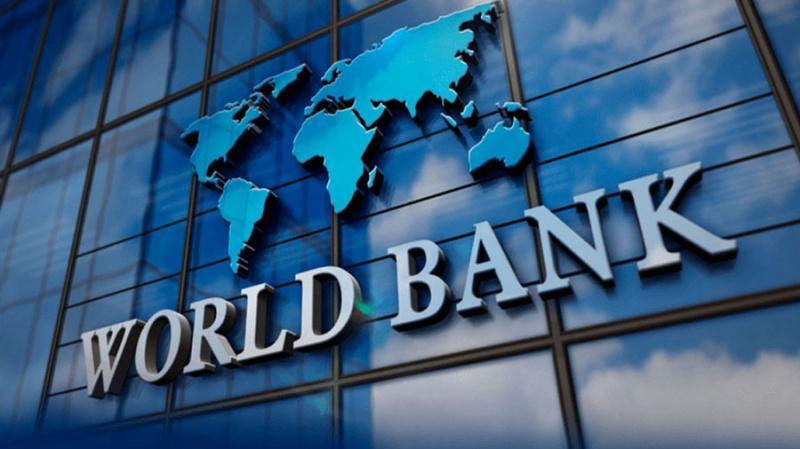Africa-Press – Cape verde. The World Bank warned today that the least developed countries, where all PALOP countries are located, with the exception of Angola and Equatorial Guinea, are diverging from the group of richest economies for the first time this century.
“Despite their high potential to advance global prosperity, half of the world’s 75 most vulnerable countries are facing a widening income gap with the richest economies for the first time this century”, reads the report released by the Bank World Cup on the day the Spring Meetings begin, organized in conjunction with the International Monetary Fund (IMF).
The document, titled ‘The Big Setback: Perspectives, Risks and Policies in the Countries of the International Development Association’ (IDA), recalls that countries benefiting from concessional loans from the World Bank – of which the IDA is part of it – they represent 25%, or 1.9 billion, of people in the world and have excellent conditions to develop.
“They are rich in natural resources, have great potential for generating solar energy, large reserves of mineral deposits that could be crucial for the global transition to clean energy, but a historic setback is underway,” says the World Bank, highlighting that , “between 2020 and 2024, the average income per person in half of the IDA countries has been growing below the figures of rich economies, which widens the gap between the two groups”, with one in three countries today being more poorer than it was before the covid-19 pandemic.
“The world cannot afford to turn its back on IDA countries”, warned the chief economist and senior vice-president of the World Bank, Indermit Gill, recalling that “the well-being of these countries has been crucial to the perspective of the evolution of global well-being” and that three of the current large economies – China, India and South Korea – have already been beneficiaries of the IDA.
More than half of the countries where the average income is less than $1.31 (1.23 euros), the internationally defined threshold for poverty, are in sub-Saharan Africa, where residents of 39 countries, including Cape Verde, Guinea- Bissau, Mozambique and São Tomé and Príncipe do not receive this amount as income daily.
In the report, which does not disclose specific numbers by country, the World Bank warns that the demographic dividend, that is, the advantage of most of these countries having a very young population, “carries risks that have to be managed”, starting with improving of education and health policies, and ensuring that there are jobs waiting for these young people about to enter the labor market.
“Countries will have to implement ambitious domestic policy reforms and build more robust institutions capable of better managing public finances, which will require significant financial support from the international community”, concludes the report released today in Washington .
For More News And Analysis About Cape verde Follow Africa-Press






